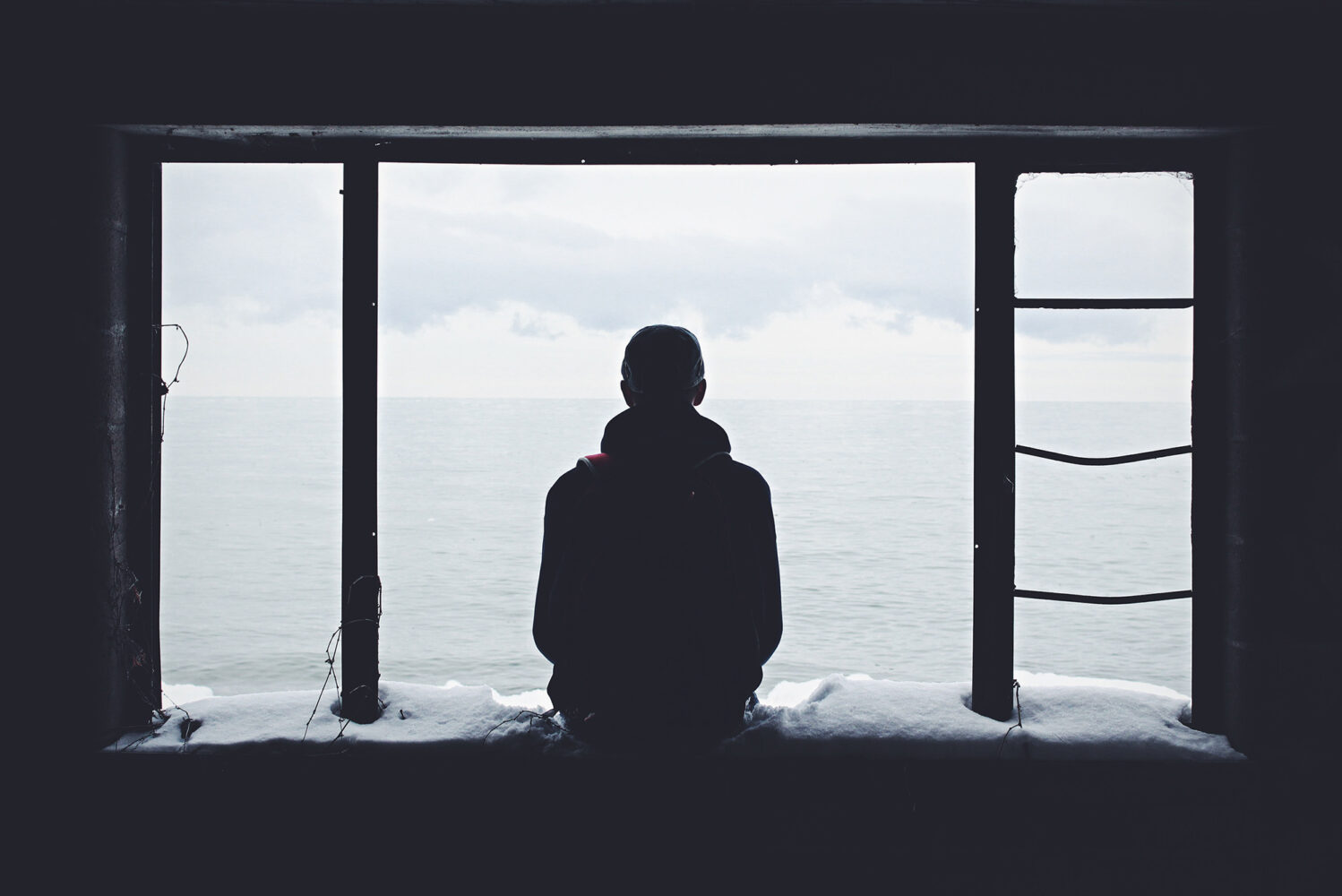Why This Year’s Holiday Season May Be More Stressful for College Students.

Courtesy of Unsplash/Noah Silliman
Why This Year’s Holiday Season May Be More Stressful for College Students
Sarah Lipson, a leading mental health researcher, on how to support the well-being of college students during a time overshadowed by a pandemic.
This article originally appeared in BU Today.
Traditionally, the holidays are a time to gather with friends and family and share quality time together, festive meals, and parties. This year, the pandemic has stripped away the pleasure of gathering with friends and loved ones while also intensifying stressors. For college students, this holiday season will be especially difficult as they cope with academic pressure, travel plans, isolation, and more.
Sarah Lipson, a School of Public Health assistant professor of health law, policy, and management, is a mental health expert whose research is focused on understanding and addressing mental health concerns facing college students. Her recent research has found that the rate of depression among college students has increased since the start of the pandemic and that the pandemic has made it more difficult for 60 percent of students to access mental healthcare.
BU Today reached out to Lipson to talk about how to support the mental health and well-being of college students as they navigate a holiday season compounded by a global pandemic.
Q&A
BU Today: Why is the holiday season especially stressful this year, and what are the unique stressors college students are facing?
Sarah Lipson: It’s important to consider the months leading up to the holiday season as the backdrop for why this holiday season feels especially stressful. We’ve all been forced to make calculated decisions about how to minimize risk to ourselves and our loved ones. We have been weighing these risks every day for months and months. It’s exhausting. Any time there is a dramatic shift in the conditions that shape these decisions, it’s even more stressful.
For many college students, this holiday season introduces a much more complicated risk calculation, with decisions about travel, accommodations, expectations, and the health of family members, especially older parents, grandparents, and relatives. There’s a long list of costs and benefits, pros and cons, and ifs to consider. For college students who stay on campus, especially first-year undergraduates, this fall may be the longest period of time they’ve gone without seeing their families. Some students may be experiencing homesickness and trying to weigh that against the very real fear of contracting or spreading the virus. Financial stress has also increased as a result of the pandemic, and many students are facing the reality of how they and their families can afford college in light of widespread unemployment, evictions, and other economic consequences.
Also, reflecting on the months leading up to this holiday season, college has been a very different experience this semester than ever before. Many students are grieving the loss of their previous experience and are feeling isolated from campus life. What hasn’t changed is the stress and pressure students feel about academics and grades. We need to remember that the holidays coincide with final exams and all of the stress that brings.
So, to the question around unique stressors that college students are facing, it’s really a confluence of factors related to the pandemic, academic pressure, the psychosocial development of adolescents and young adults, and the complicated interplay therein.
How can higher education institutions best support students who are staying on campus for the holidays?
This is a question that I know to be on the minds of many campus leaders across the country. I don’t think there is a one-size-fits-all approach, either for all institutions or all students at an institution. That said, I think there are some common things that colleges and universities can do to support students before and during the winter holidays/intersession. To the extent possible, minimizing academic stress during finals is an important step to promote student well-being moving into the winter break. Some campuses are allowing students to select pass/fail grading options, for example.
Next, thinking about the students who will remain on campus during break, their needs will differ depending on a range of factors. That said, all students who remain on campus should be made aware of the resources available to them, including mental health and wellness services. It’s really difficult for anyone, especially many adolescents and young adults, to be isolated, but that is the likely reality for students who remain on campus. Establishing some sort of regular interaction within the community of on-campus students will be important, whether that be peer wellness checks by phone, virtual get-togethers, safe outdoor gatherings, or other creative opportunities to build a sense of belonging and combat inevitable loneliness. Colleges and universities should seek student input and design resources based on the needs and preferences that students express.